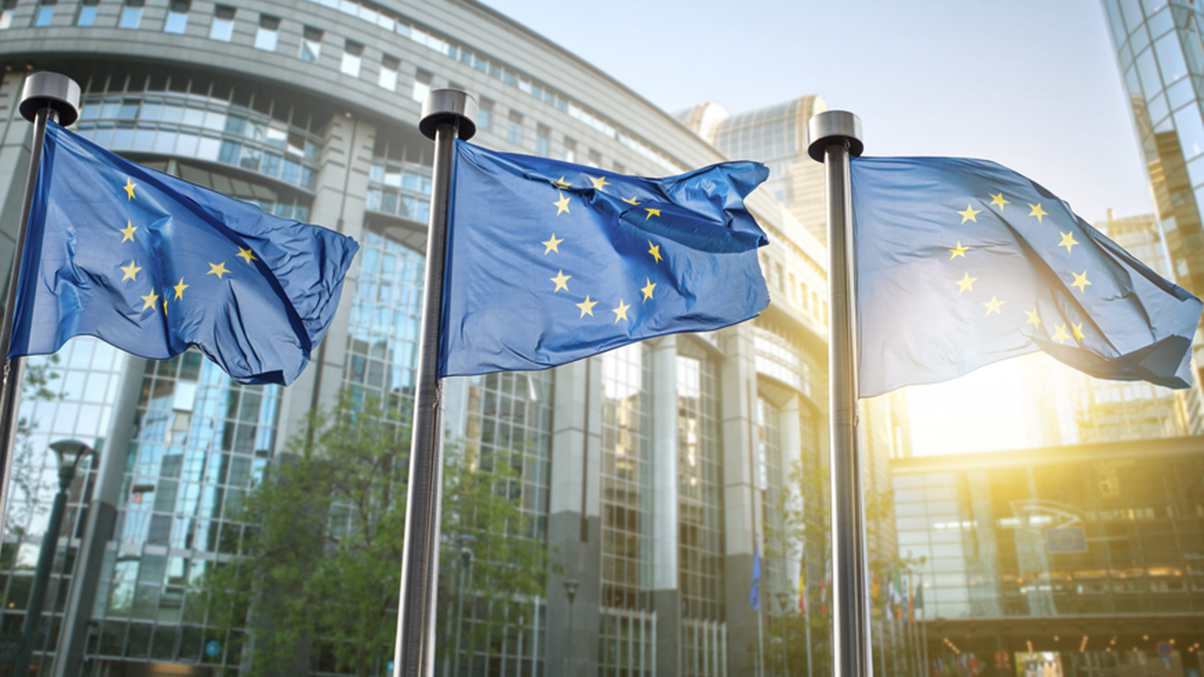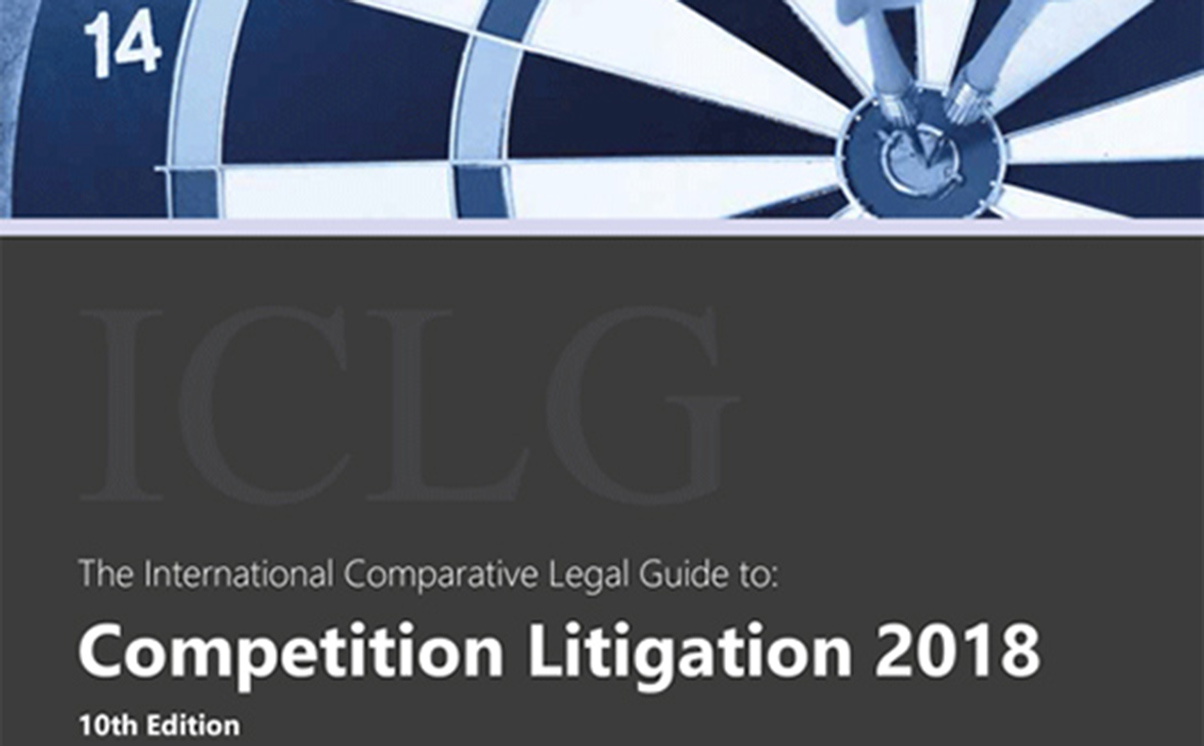Last week’s news that the PGA Tour and DP World Tour have entered into a “framework agreement” with the Public Investment Fund of Saudi Arabia (PIF) to “unify the game of golf on a global basis” has sent shockwaves through the sport. It has left numerous unanswered questions, particularly regarding the legal consequences of this previously uncontemplated alliance.
Partner Zachary Sananes examines what the future may hold for a professional sport now shrouded in confusion.
Background
LIV Golf (LIV) is a professional golf tour set up in competition with the USA’s PGA Tour and Europe’s DP World Tour and funded by the PIF. Since 2021, LIV has lured several of the world’s leading players to ‘defect’ to LIV, attracted by eye-watering signing-on fees and the considerable prize money offered at its tournaments.
The decision by some of the sport’s most high-profile players to join LIV has led to massive resentment from players who remained ‘loyal’ to the established tours but did not receive any compensation. Through its creation of LIV, the PIF has undoubtedly disrupted (and arguably fractured) elite professional golf in a manner never seen before.
On 6 June, in a shock announcement, it was revealed that the PGA Tour and DP World Tour would join forces with the PIF, the owners of LIV, a union wrongly characterised in the press as a ‘merger’. In fact, the existing entities will not merge, but the parties’ commercial interests will be combined to create a new, collectively owned for-profit entity. It remains to be seen whether this purported coalition – dubbed “NewCo” in the parties’ framework agreement – becomes a reality.
What are the potential competition law consequences of the proposed alliance?
Until the recent publication of the framework agreement, the parties were locked in a bitter and protracted antitrust dispute.
- In the US, a group of LIV golfers had filed a complaint alleging violations of the Sherman Act, with the PGA Tour lodging a counterclaim for tortious interference and seeking to depose (and obtain disclosure from) the PIF and its executive management.
- In the UK, the DP World Tour successfully defended an appeal (heard privately before a Sport Resolutions panel in London) brought by a different group of LIV golfers. The players’ complaint was that the sanctions they received for playing in competing LIV events without formal releases (as required by the tour’s regulations) were in breach of competition law.
According to the framework agreement, the parties have now ceased all litigation between them on a “with prejudice” basis, meaning that such legal action cannot be revived or re-commenced. This is ironic as the proposed “NewCo” (representing their combined interests) will arguably exert exactly the kind of dominance over the professional golf market that was the main bone of contention in the antitrust dispute. This potential anti-competitive effect could yet prove problematic.
The US Department of Justice had already opened an investigation regarding the PGA Tour’s conduct when addressing the initial threat of competition from LIV. Its attention will now likely shift to the proposed alliance with the PIF. It is possible that equivalent probes could also be instigated by competition law regulators elsewhere.
Nor have the consequences of the proposed alliance escaped government scrutiny. The US Senate’s Permanent Subcommittee on Investigations is reported to be reviewing the proposed alliance, having requested further information about “NewCo’s” potential structure cited concerns as to the involvement of the PIF as a sovereign entity of the Saudi government. A hearing has been scheduled to take place on 11 July 2023 with various witnesses invited to testify including the CEO of the PGA Tour, the CEO of LIV Golf and the Governor of the PIF.
What other consequences might arise?
Even assuming that the proposed alliance is allowed to proceed from a legal perspective, given the acrimony and bitterness that resulted from the PIF’s creation of LIV, a significant question remains: will the parties be able to bring the concept to fruition and co-exist harmoniously? Large parts of the framework agreement are non-binding pending the parties’ execution of “Definitive Agreements” which, pursuant to the framework agreement, they agree to negotiate in good faith.
Against this backdrop, it is interesting to consider whether LIV will continue to exist in its current polarising format. Will LIV players be welcomed back into the fold of ‘mainstream’ men’s professional golf? And will those players who elected not to join LIV be rewarded for their loyalty to ensure they are not comparatively worse off? If so, how can that be structured and implemented under the new umbrella arrangements?
Whilst the framework agreement does allude to a process of that nature, it is notably vague on specific detail, stating simply that: “The PIF, the PGA TOUR and the DP World Tour will work co-operatively and in good faith to establish a fair and objective process for any payers who desire to re-apply for membership…and for determining fair criteria and terms of re-admission consistent with each Tour’s disciplinary policies.”
Conclusion
The future of men’s professional golf is at a critical and uncertain juncture. Although recent sentiments suggest past legal battles may be over, future ones may yet emerge.
You can find further information regarding our expertise, experience and team on our Competition Litigation page.
If you require assistance from our team, please contact us.
Subscribe – In order to receive our news straight to your inbox, subscribe here. Our newsletters are sent no more than once a month.






